Big News: 1-Year B.Ed Program Is Back from 2026 – Game-Changer for Future Teachers!
Shailendra Porwal
- June 14, 2025
- 6 min read
- 413 Views
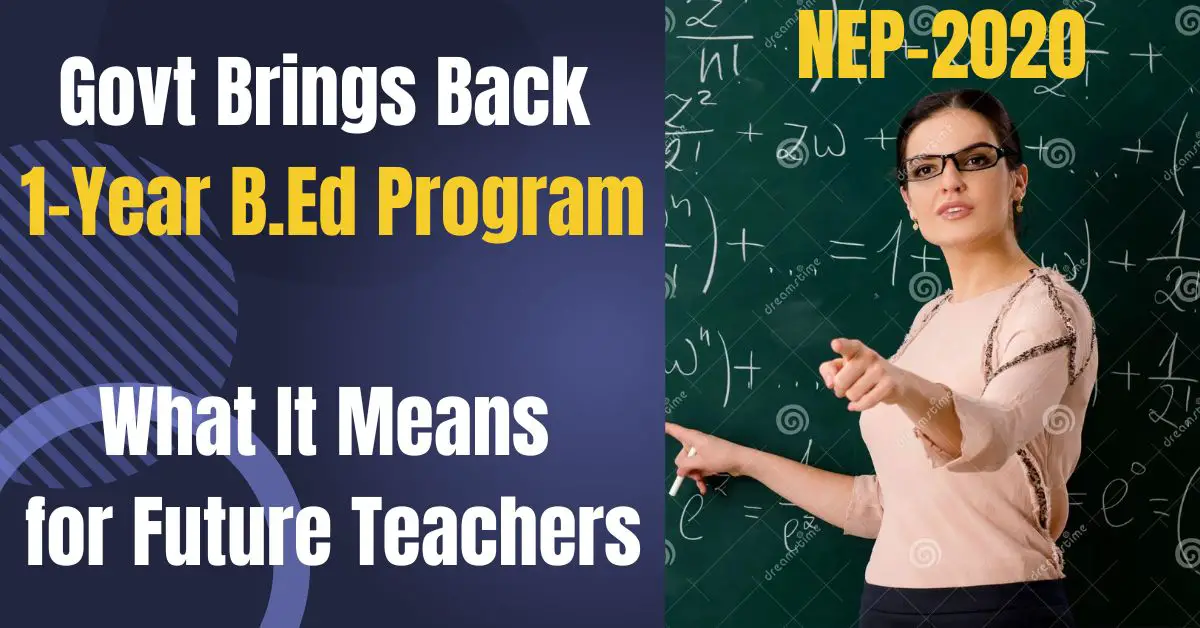
Government Change in B.Ed Course Admission
The Indian government has made a landmark decision by reinstating the 1-year B.Ed Program (Bachelor of Education) course starting from the 2026–27 academic session. This comes after over a decade of the mandatory 2-year B.Ed framework that was introduced in 2014. The move is aligned with the National Education Policy (NEP) 2020 and aims to transform the teacher training ecosystem to be more efficient, flexible, and globally aligned.
Background of the B.Ed Program
The B.Ed course has seen multiple overhauls. Originally, it was a 1-year program, but in 2014, the National Council for Teacher Education (NCTE) mandated a 2-year duration to enhance training quality. However, this shift brought low enrollments, extended study periods, and ineffective internships, pushing the government to reevaluate its strategy.
Why the Government Changed the B.Ed Duration
Several critical issues prompted the rollback:
- Low Enrollment: Students were discouraged by the longer timeline.
- Ineffective Curriculum Delivery: Institutions struggled with hands-on training.
- Slow Teacher Induction: The 2-year delay in workforce entry affected school staffing.
- Mismatch with NEP 2020 Goals: The existing model didn’t meet the vision of a more dynamic and flexible teacher training model.

Why the Government Changed the B.Ed Duration
Several critical issues prompted the rollback:
- Low Enrollment: Students were discouraged by the longer timeline.
- Ineffective Curriculum Delivery: Institutions struggled with hands-on training.
- Slow Teacher Induction: The 2-year delay in workforce entry affected school staffing.
- Mismatch with NEP 2020 Goals: The existing model didn’t meet the vision of a more dynamic and flexible teacher training model.
New Structure of the B.Ed Program
From 2026–27 onwards, B.Ed will once again be a 1-year course but only for students who meet upgraded eligibility criteria.
Eligibility Criteria for 1-Year B.Ed
This change aims to streamline entry into the teaching profession while ensuring quality through better foundational degrees.
Academic Qualification | Eligibility |
4-Year Integrated UG Degree (like ITEP) | Eligible for 1-Year B.Ed |
Postgraduate Degree (MA/MSc/MCom, etc.) | Eligible for 1-Year B.Ed |
3-Year UG Degree (BA/BSc/BCom) | NOT eligible – must pursue 2-Year B.Ed |
Differences Between 1-Year and 2-Year B.Ed
Feature | 1-Year B.Ed | 2-Year B.Ed |
Duration | 1 Year (2 Semesters) | 2 Years (4 Semesters) |
Internship | Condensed but intensive | Spread over longer period |
Admission Requirement | 4-Year UG or PG | 3-Year UG minimum |
Cost & Time | Lower | Higher |
Recommended Books
B.Ed. Entrance Exam Guide (Popular Master Guide)
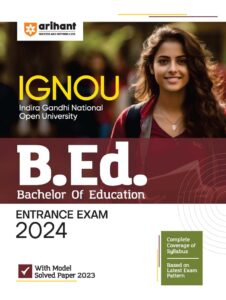
B.Ed Entrance Exam 2024 (English Edition) – 93 Topic-wise Practice Tests
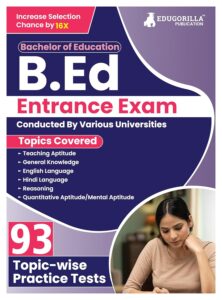
What Happens to 2-Year B.Ed Programs?
The 2-year B.Ed course will not be discontinued immediately. It will still be available for students with only a 3-year undergraduate degree. Institutions will phase out the 2-year version gradually as ITEP and PG-qualified entrants become more common.
Details on the One-Year M.Ed Course
Similarly, the Master of Education (M.Ed) will now also be offered as a 1-year course for those who have:
- A 4-Year Integrated UG degree (like ITEP), or
- A B.Ed Degree
Others may still need to pursue the 2-year M.Ed pathway, which remains available for working teachers.
Introduction of ITEP Programs
The Integrated Teacher Education Program (ITEP) is a 4-year dual-degree combining B.A./B.Sc. and B.Ed. It aims to prepare future teachers from the ground up.
ITEP Specializations Coming in 2025–26
- Yoga Education
- Art Education
- Sanskrit
- Physical Education
These fields will broaden teaching disciplines in Indian classrooms, promoting holistic education.
Benefits of the New B.Ed Format
- Saves Time: Cuts a year from the professional timeline.
- Reduces Costs: One less year of tuition and living expenses.
- Encourages Quality Entrants: Attracts PG and integrated degree holders.
- Supports NEP 2020 Goals: Flexible and multi-disciplinary pathways.
Concerns and Criticism Around the Decision
Some experts worry that:
- One-year may compromise training depth.
- Institutions may struggle to adapt curriculum quickly.
- Lack of clear transition support for ongoing 2-year students.
However, the government has assured proper rollout guidelines and academic support.
Impact on Students and Teaching Institutions
For students, this is a win-win, especially for those already holding PG degrees. For institutions, it means revamping curriculum and adjusting faculty loads, but it will likely increase enrollment due to shorter duration and reduced costs.
Future of Teacher Education in India
This change represents a paradigm shift toward an outcome-based, student-centered teacher education model that aligns with global standards and the Indian NEP 2020.
Government Notifications and Circulars
Official circulars and NCTE gazettes confirm the restructuring and timeline. Visit NCTE Website for all updates and policy documents.
Key Implementation Timeline (2023–2026)
Year | Key Changes |
2023–24 | ITEP pilot programs launched |
2024–25 | Curriculum updates and approvals |
2025–26 | Specialization tracks introduced |
2026–27 | Full-scale rollout of 1-Year B.Ed and M.Ed begins |
FAQs About Government Change in B.Ed Course
Q1. Is the 1-year B.Ed available for everyone?
No, only for PG or 4-year UG holders.
Q2. Can a BA graduate do a 1-year B.Ed?
No, they must pursue the 2-year version.
Q3. When will this new rule apply?
From the 2026–27 academic year.
Q4. Is the 2-year B.Ed being discontinued?
No, it remains for those without PG or 4-year UG qualifications.
Q5. Can working teachers do the new M.Ed?
Yes, they can choose between 1-year and 2-year options.
Q6. Are private colleges also affected?
Yes, all teacher training institutions under NCTE are included.
“Latest Update: B.Ed Fee Structure Revised”
As of June 2025, the government has formally updated the yearly fee structure for B.Ed programs at various institutions. Recent reports indicate that the new fees will be between ₹32,000 and ₹45,000 annually, thereby making teacher education more financially attainable for prospective educators. This initiative is anticipated to motivate a greater number of students to consider teaching careers and is in line with the overarching objectives of the NEP 2020 reforms.
“officially revised” to the to back up your claim.
Conclusion
The government change in B.Ed course admission marks a major turning point for teacher education in India. With shorter duration, better integration, and improved eligibility, it opens faster and more flexible paths for aspiring educators. Whether you’re a student or an institution, now is the time to adapt and prepare for a new era in Indian teaching.
Also Read :
How to Study Effectively: The SQ3R Method
Every step has a purpose and functions in concert with the others to improve your learning and memory.Let’s take a closer look at each phase and discover how to apply the SQ3R Method for you upcoming study session.
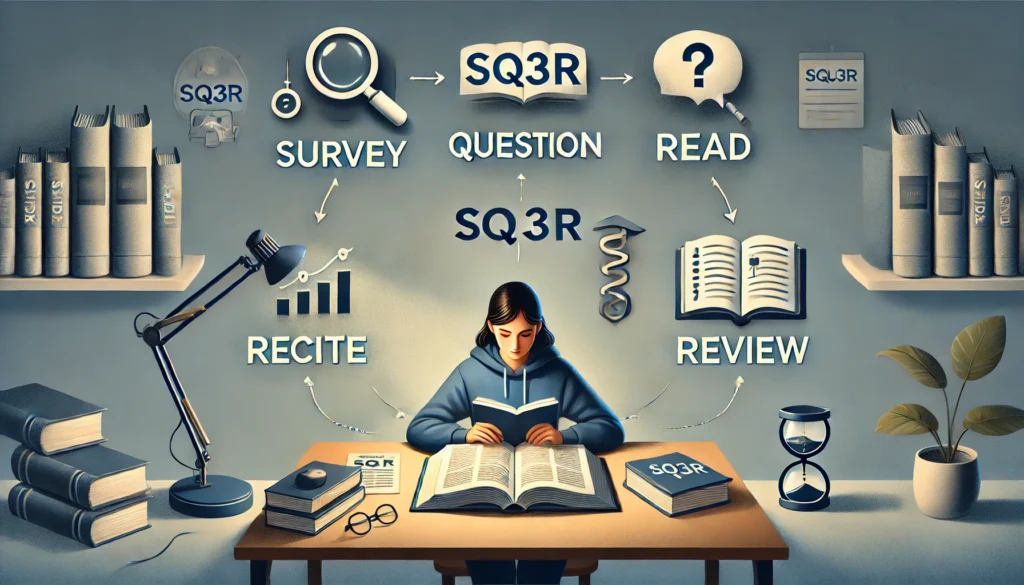

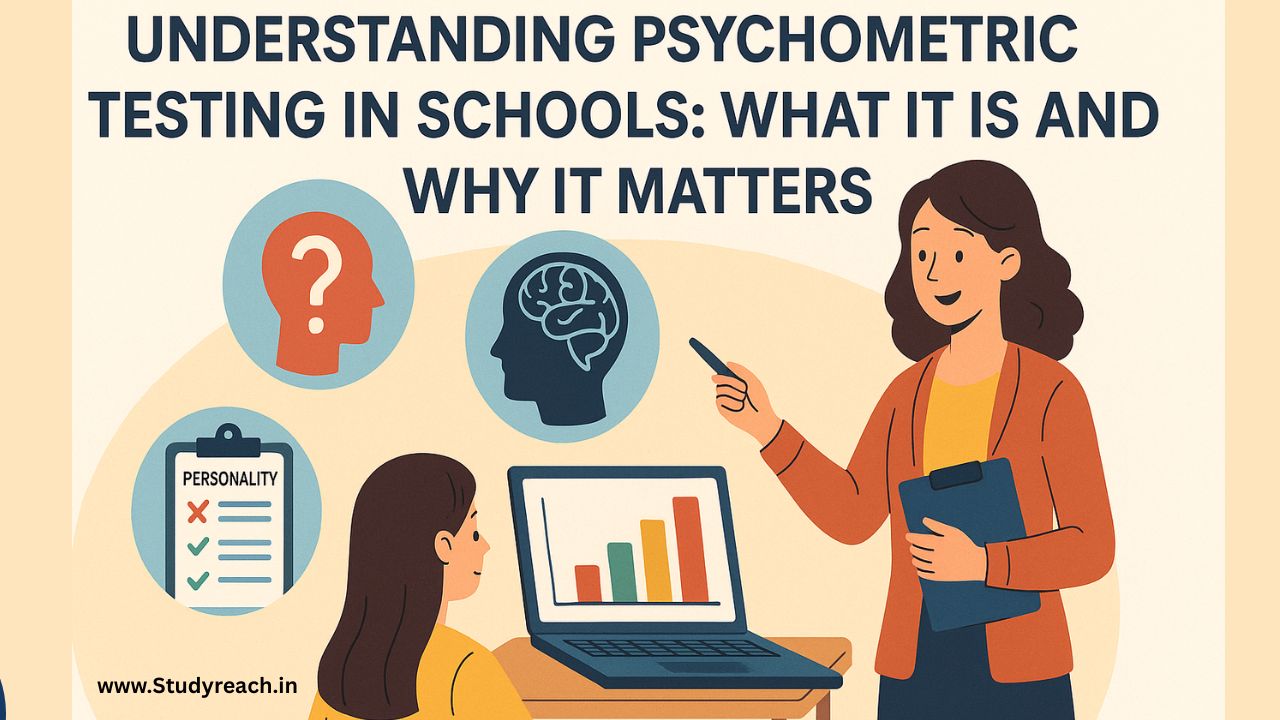
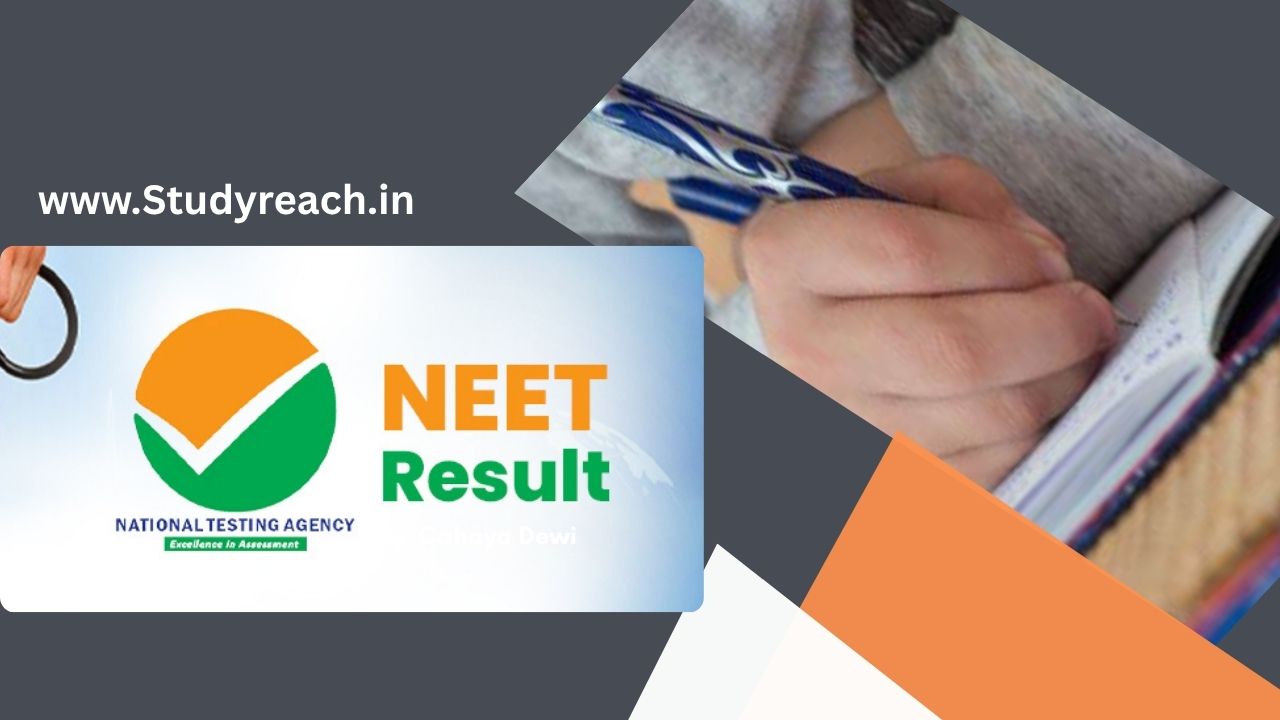
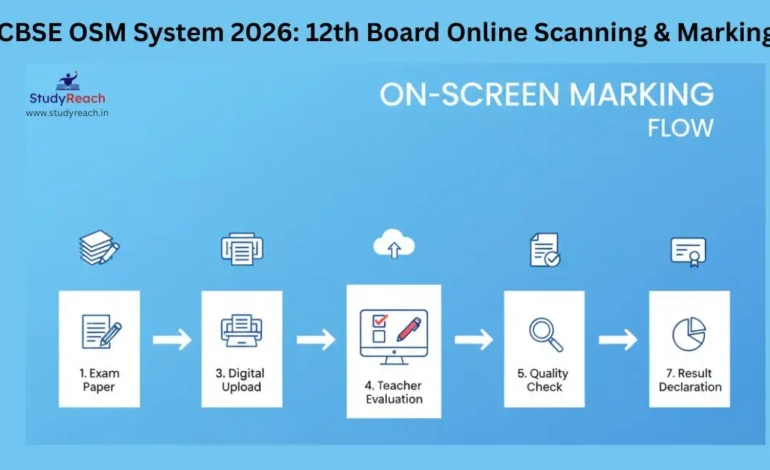
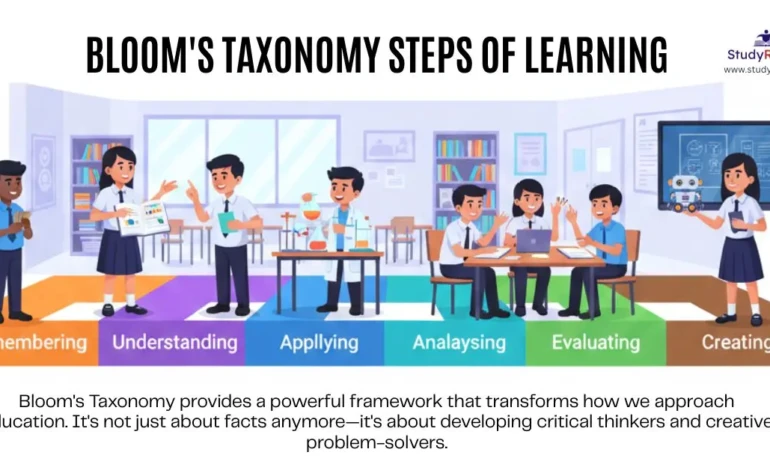
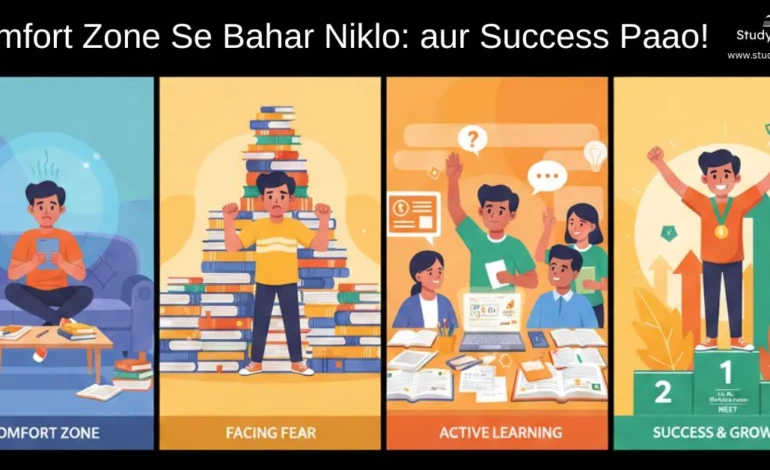
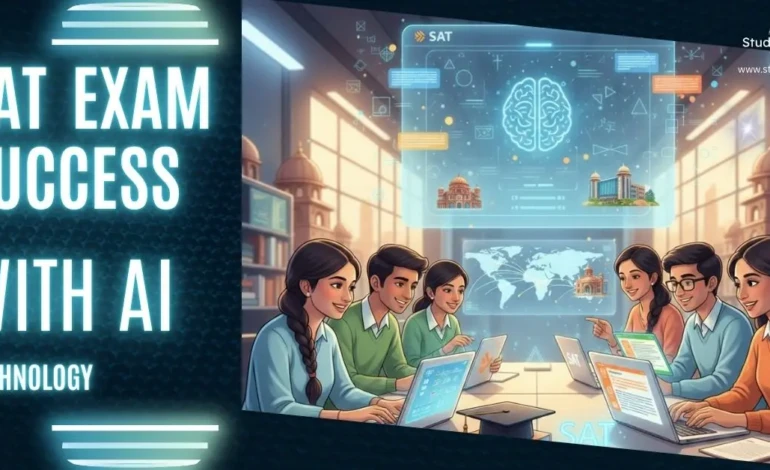
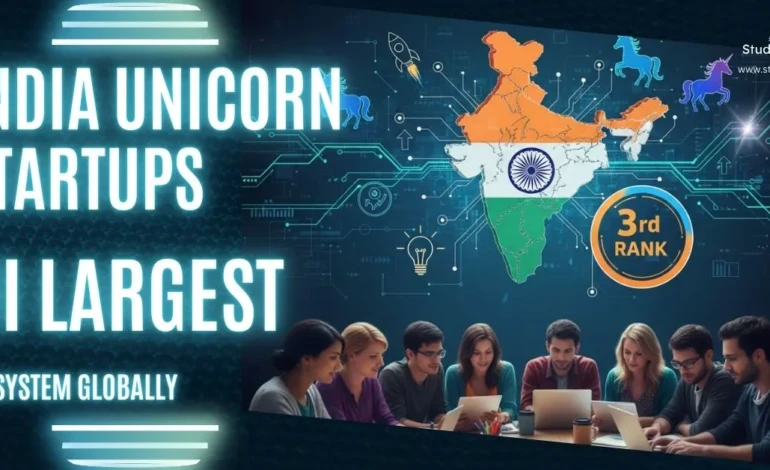
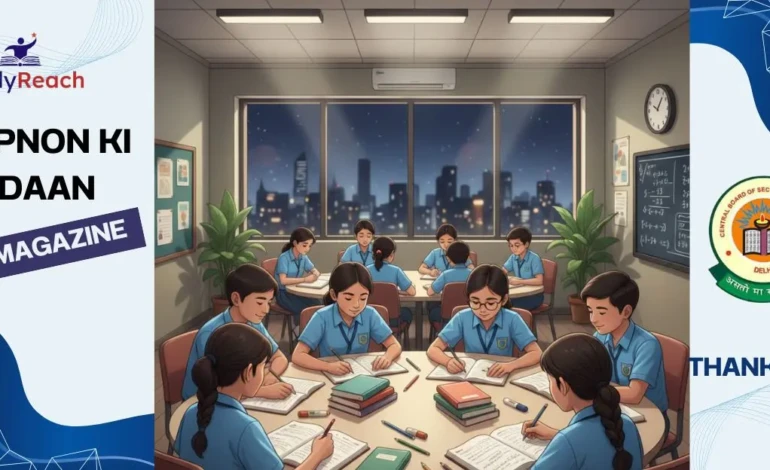
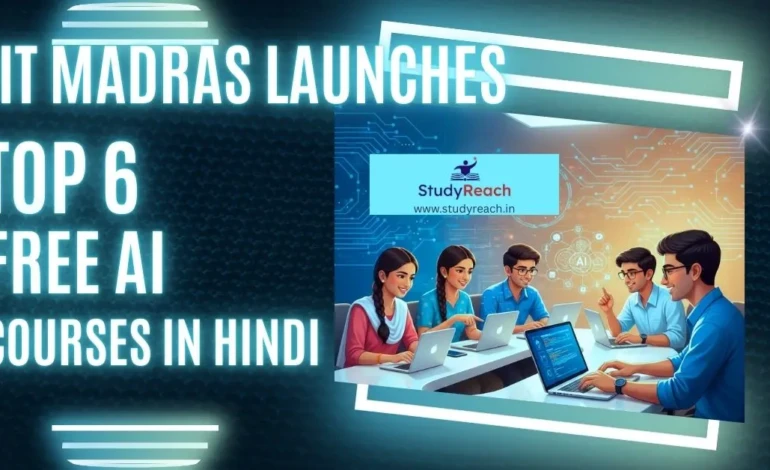




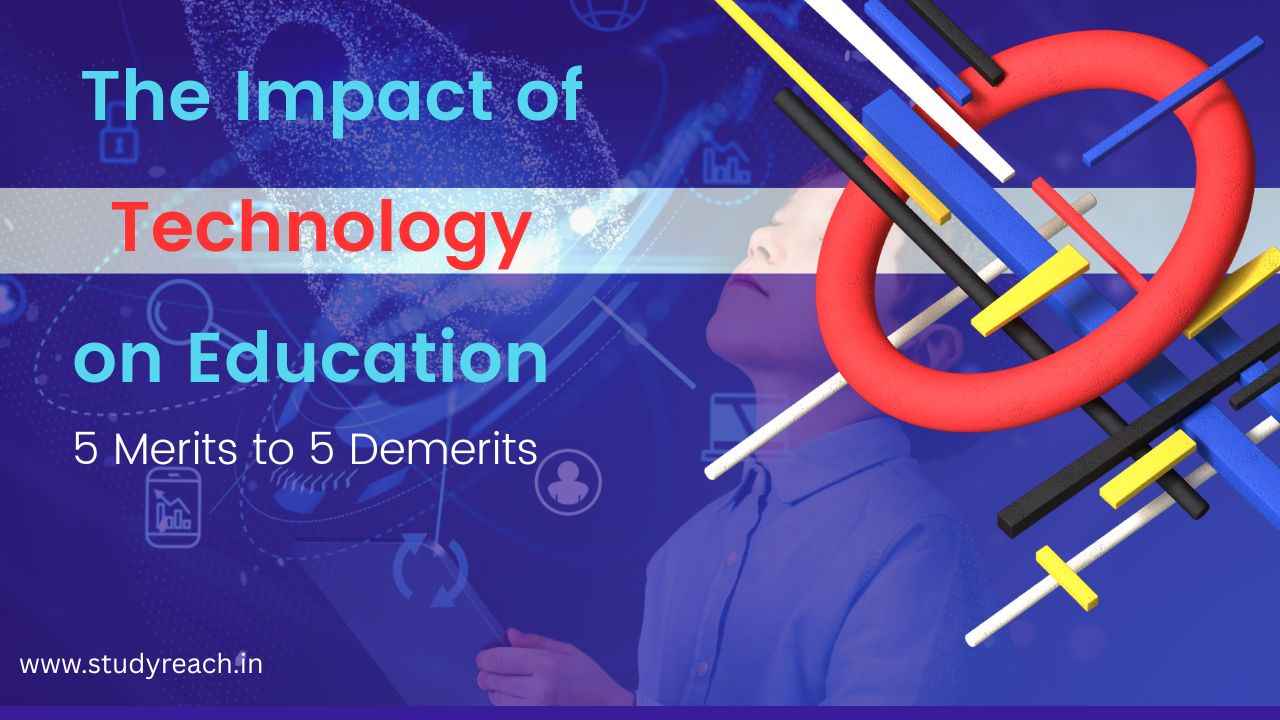

2 Comments
[…] Big News: 1-Year B.Ed Program Is Back from 2026 – Game-Changer for Future Teachers! https://studyreach.in/1-year-b-ed-program-returns-govt-edu-policy-change/ […]
[…] Big News: 1-Year B.Ed Program Is Back from 2026 – Game-Changer for Future Teachers! […]